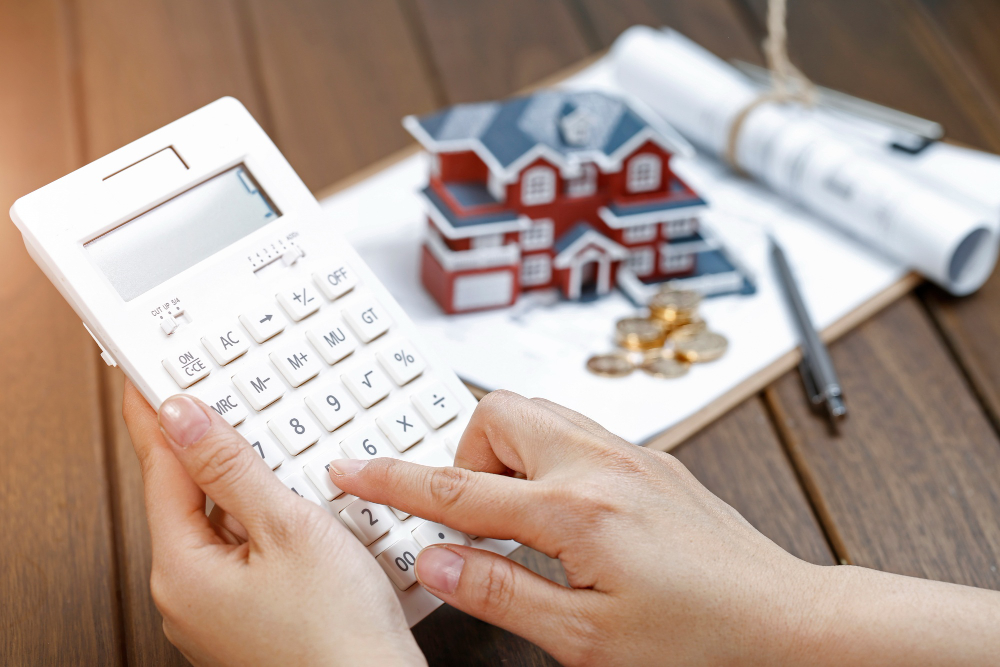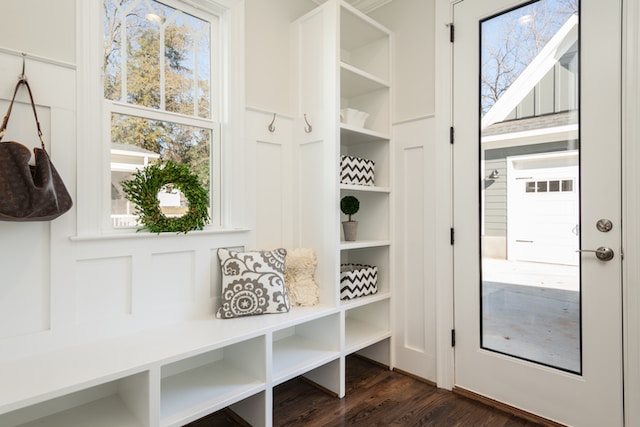Landlord Blog
Education and news for smart DIY landlords!
10 Helpful Tips on How to Price Your Home for Sale

Selling a home can be a significant undertaking, and one of the most critical aspects of the process is determining the right price. The price you set can influence how quickly your home sells and the profit you ultimately make.
Pricing it too high might deter potential buyers while pricing it too low could mean leaving money on the table. To help you navigate this important decision, here are some helpful tips on how to price your home for sale.
1. Conduct Comparative Market Analysis (CMA)
One of the first steps in pricing your home is conducting a Comparative Market Analysis (CMA). A CMA involves researching recent sales of similar homes in your neighborhood.
Look for homes with similar square footage, number of bedrooms and bathrooms, and similar features. This will give you a better understanding of the current market trends and the price range at which similar homes have sold.
2. Consider Current Market Conditions
The real estate market is dynamic and can fluctuate between a seller's market and a buyer's market. In a seller's market, where demand is higher than supply, you might be able to price your home slightly higher. In a buyer's market, where there are more homes for sale than buyers, pricing competitively becomes crucial to attract potential buyers.
3. Get a Professional Appraisal
Consider hiring a professional appraiser to assess the value of your home objectively. Appraisers take into account various factors such as the condition of your home, its location, and recent sales in the area. While this might involve an additional cost, it can provide you with an accurate estimate of your home's value.
4. Avoid Overpricing
Overpricing your home can lead to it languishing on the market, which might give the impression that something is wrong with it. Buyers are well-informed these days, and they'll likely do their research to compare your home's price with others in the area. If your home is significantly overpriced, you might miss out on potential buyers who dismiss it without even considering it.
5. Factor in Upgrades and Repairs

If you've recently made significant upgrades or repairs to your home, these can positively impact its value. Consider the cost of these improvements when pricing your home. However, be cautious not to overestimate their value. Not all upgrades guarantee a one-to-one return on investment.
6. Be Open to Negotiation
It's rare for a home to sell at the exact listing price. Buyers often expect some room for negotiation. Therefore, when pricing your home, leave a little bit of wiggle room for negotiation without setting the price too high from the start.
7. Online Research
Use online real estate platforms to your advantage. Research listings in your area to see how other homes are priced. Pay attention to homes that are similar to yours in terms of features, size, and location. This can give you a better idea of how your home should be priced relative to the competition.
8. Seek Professional Guidance
Real estate agents are experienced in pricing homes effectively. They have access to local market data and can provide valuable insights into pricing strategies. Consulting with a real estate agent can help you avoid common pricing pitfalls and set a competitive and realistic price for your home.
9. Emotional Detachment
It's natural to have emotional attachments to your home, but when it comes to pricing, try to be objective. Nostalgia and personal feelings should not drive your pricing decisions. Base your pricing on market realities and facts.
10. Regularly Review and Adjust
The real estate market can change quickly, so it's essential to regularly review your pricing strategy. If your home isn't generating much interest or you're not receiving offers, it might be time to reconsider your price. Being flexible and adaptable can help you sell your home more efficiently.
Final Thoughts
Seek professional guidance and be prepared to adjust your price strategy if needed. Remember, a well-priced home is more likely to attract potential buyers and lead to a successful sale!
